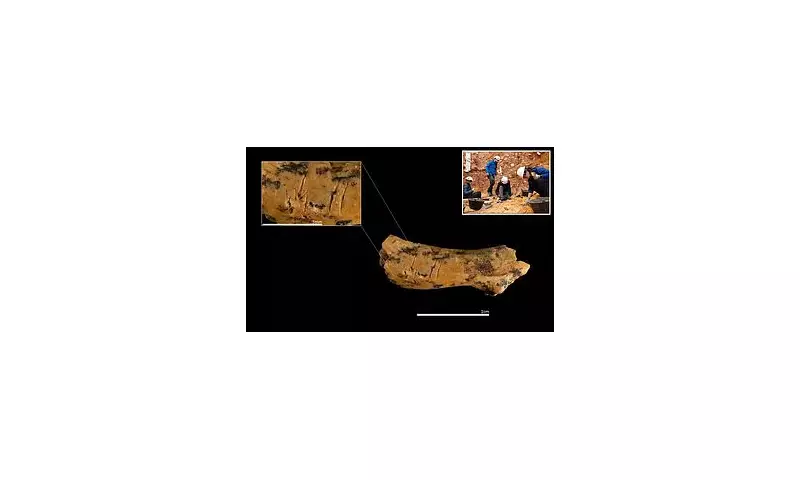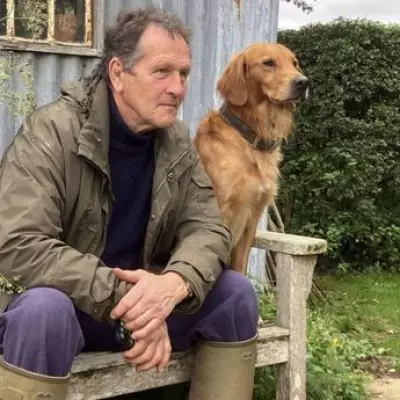
Archaeologists have made a chilling discovery that sheds light on the dark practices of our ancient ancestors. Evidence suggests that early humans engaged in cannibalism, with the remains of children among the grisly findings.
Gruesome Evidence Unearthed
Researchers examining prehistoric sites have uncovered bones bearing unmistakable signs of butchering and consumption. The remains, believed to be from the Upper Palaeolithic period, indicate that cannibalism was not just a survival tactic but possibly a ritualistic practice.
Children Among the Victims
Perhaps the most disturbing aspect of the discovery is the presence of child bones among the butchered remains. This suggests that young individuals were not spared from these brutal practices. The findings have sparked debates among scientists about the social and cultural implications of such behaviour.
Why Did They Do It?
While the exact reasons remain unclear, experts propose several theories:
- Survival: Extreme food shortages may have forced early humans to resort to cannibalism.
- Ritual: The practice could have held spiritual or ceremonial significance.
- Social control: It might have been used as a means of dominance or punishment within groups.
Further analysis of the bones and surrounding artefacts may provide more clues about these macabre practices.
A Window into Our Dark Past
This discovery offers a rare glimpse into the complex and often brutal lives of our ancient ancestors. While unsettling, such findings are crucial for understanding human evolution and the development of early societies.
As research continues, scientists hope to uncover more about the circumstances surrounding these acts of cannibalism and what they reveal about human nature.






